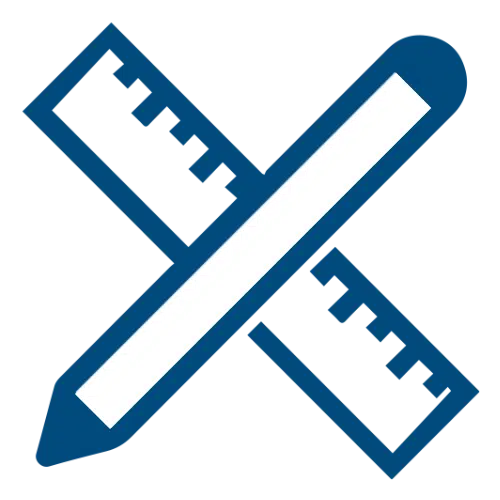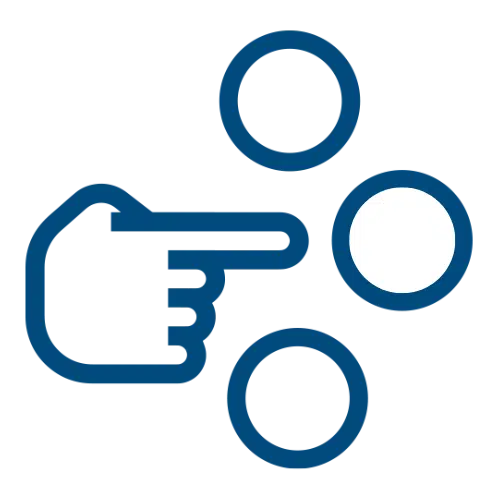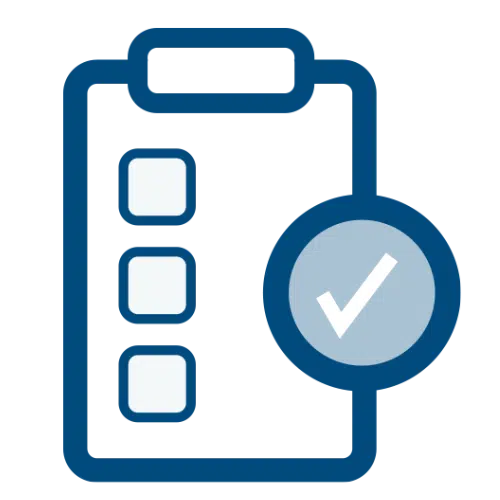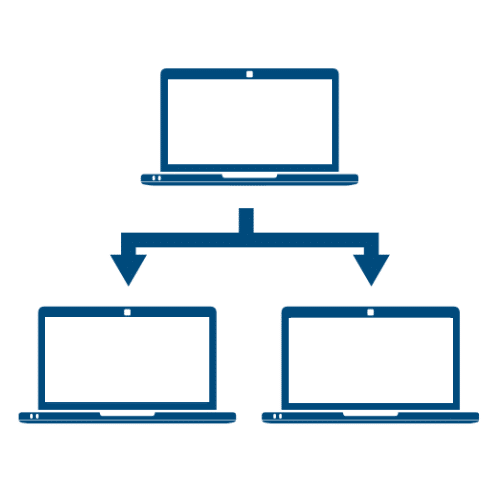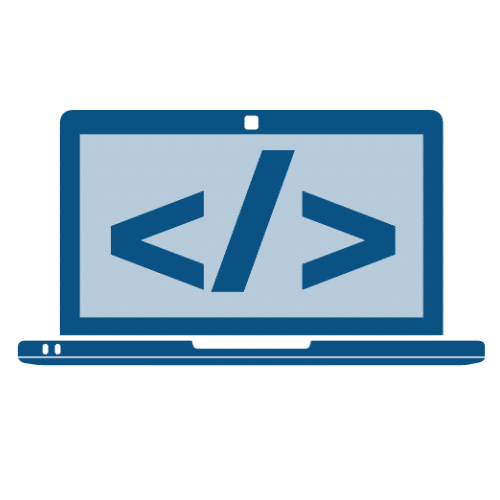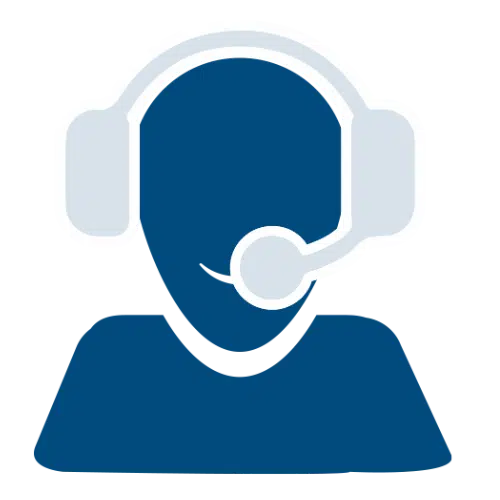Development, Configuration & Integration
Development and Configuration
The Functional Business Design comes to life through the Development and Configuration of the solution, leading to what will become the everyday user experience.
During the “build” phase, Columbus regularly holds reviews with internal teams to determine how closely the functionality and user interface aligns with expectations, and supports the functional business design.
In parallel to the end-user solution being configured, the back-end configuration is developed following technical specifications. Columbus does this by following either a sequential “waterfall” development process or via agile methodology to:
- Develop custom solutions;
- Configure third-party systems;
- Include workflows, views, business rules, and reporting in the implemented solution, based on the business design and requirement.
System Integration
System Integration is focused on systems and data. This service ensures that no new system is stood up without an attentive and deliberate eye assessing what information is needed for the input and output to support critical business decisions and processes.
As part of the overall technical design, experts from Columbus Consulting map out the data required to be fed into the system, architecting and implementing data as the valuable corporate asset it is. From there, Columbus consultants define data and interface requirements, and recommend integration tools and methodologies.
The System Integration design will :
- Validate data;
- Cleanse data;
- Provide strategic formatting and data design;
- Centralize data through data hubs as well as other methods;
- Interpret data, strategically;
- Offer expertise in a vast array of legacy system and packaged software interfaces.
Testing & Quality Assurance
The deployment phases of Testing and Quality Assurance (QA) require as much consideration as the business process and system implementation planning phases. Columbus works with business leaders to get these critical activities right.
The test strategy will lay out the stages and stage gates across the full testing program – test preparation, test plan, waves of testing. Each test phase consists of a test plan, test scripts, and a test log. Also called out in the test strategy are details of unit testing, system integration testing, performance testing, data design, end-to-end or “day-in-the-life” testing, user-acceptance testing, and a smoke test as part of the go-live.
In order to facilitate testing, Columbus QA experts establish a stable ‘Quality Assurance’ environment to allow for a controlled testing environment, while still allowing the development team to work in separate and more dynamic development regions.
Testing & Quality Assurance from Columbus will:
- Define test strategy;
- Build and execute test plans, scripts and use cases;
- Manage and monitor regression testing, end-to-end system integration testing (SIT), and user acceptance testing (UAT).

